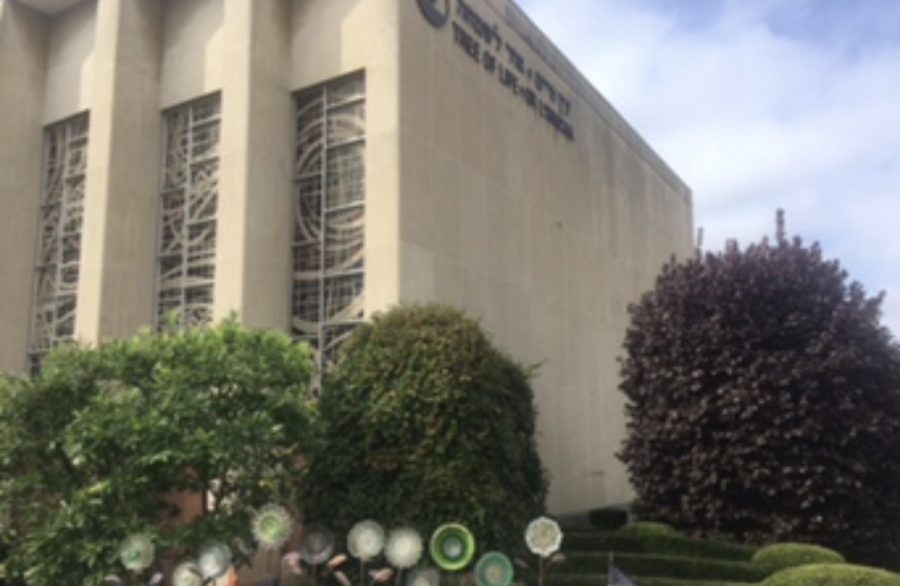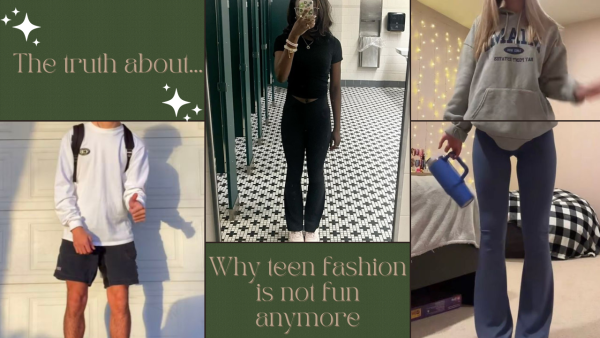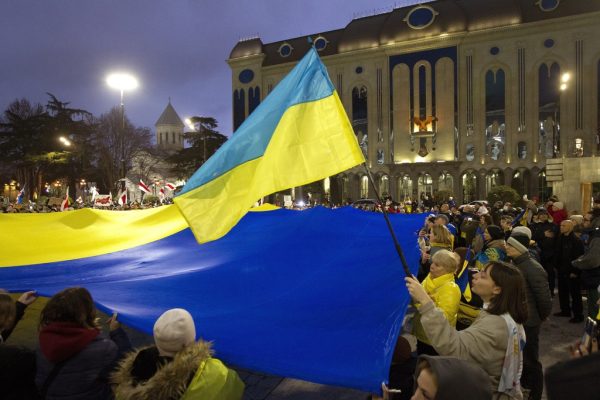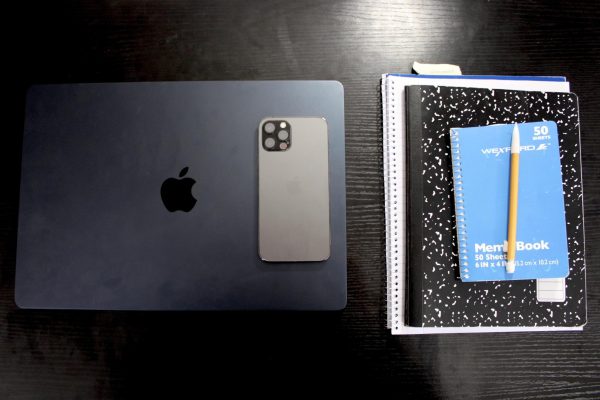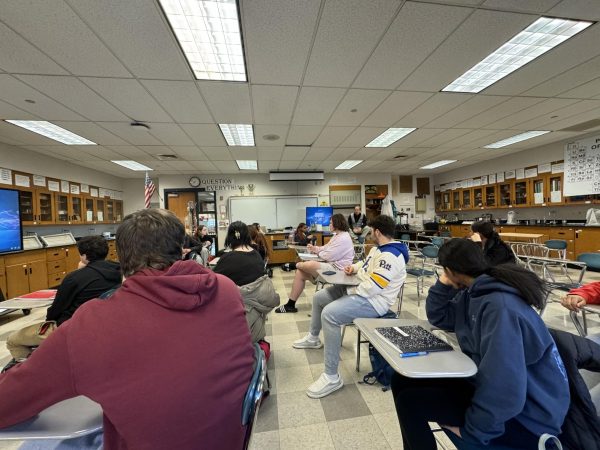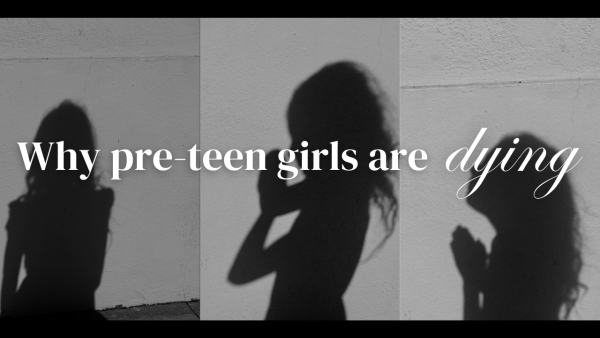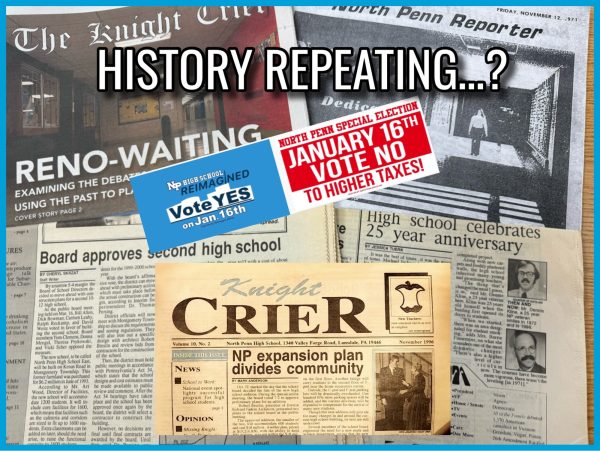The Art of Rebuilding
SQUIRREL HILL, PA- On October 27th, 2018, the lives of the Tree of Life Synagogue congregation changed forever as eleven members were shot dead. However, the rebuilding of this community by the city of Pittsburgh is helping to mold their lives back together, and I got to witness it.
It was an ordinary day for the residents of Squirrel Hill. Some were walking their dogs or enjoying their breakfast and morning paper. As Squirrel Hill is a very heavily populated area for the Jewish community, a morning for most was spent at their synagogue, the Tree of Life, for morning services. On this particular Saturday, almost exactly one year ago, members of the congregation attended their morning Sabbath service. However, they never could have expected what happened next.
During the traditional baby naming ceremony, 46- year old Squirrel Hill resident Robert Bowers reportedly yelled that “all Jews must die,” before busting through the doors of the synagogue. Bowers then open fired on the synagogue with an AR- 15 assault rifle and three Glock .357 handguns, all of which he purchased legally, killing eleven members of the congregation and injuring many others. Prosecutors are now seeking the death penalty for Bower’s crime, but the case still remains open.
Following the tragedy, President Donald Trump ordered that all flags at the White House, public grounds, and military posts be flown at half staff to show the nation’s sorrow and respect for the Jewish Community while declaring that “this evil Anti-Semitic attack is an assault on all of us.”
Not only does this affect the direct victims of the tragedy, but also the citizens of Pittsburgh, and the entire country. My entire life I have seen Pittsburgh as a second home. My father’s side of the family lives in Pittsburgh and my brother is attending the University of Pittsburgh, where I will be attending next year. I had the opportunity to visit the synagogue only a couple of days after the tragedy during one of my visits to the city. I noticed how it was as if a somber dome was hanging over the synagogue. People, including myself and my family, got out of our cars to place flowers in front of the building. The entire street corner was filled with flowers and signs and anything anyone could find that would represent their condolences. It was a sight I have never seen before and has stuck with me to this day.
For months following the tragedy, the synagogue rested behind fences and blue tarps that took away the beauty of the building itself. As I would walk by, I could only picture it as a crime scene. What once was a place filled with beautiful gardens, peace, and worship was now destroyed by caution tape, fear, and heartbreak.
Last month I revisited the synagogue with my family, and I noticed something a bit different. It was as if the somber feeling in the air was lifted and as if teardrops dried and hearts slowly started piecing themselves back together. The community and the synagogue launched the Hearts Together: The Art of Rebuilding campaign to replace the dingy tarps with a banner of the artwork of students from high schools across the world. These art pieces I saw showcased subjects such as world peace and support for the Jewish community as well as the city of Pittsburgh, letting them know that they aren’t alone during this time of rebuilding. What’s even more astounding is that I noticed that these art pieces come from high schools where this issue hits home.
Multiple art pieces in this mural come from Columbine High School and Marjory Stoneman Douglass High School, both of which experienced the effects of gun violence and hate firsthand in their own communities. Witnessing the support these schools gave to the synagogue was chilling because schools who have witnessed this in their own hometown have reached out to the synagogue. The mural sends a message that how we rebuild is more important than what tore us down.
As a nation, we have become numb to these events. We spend a couple of days or a week grieving and talking about the incident and we sometimes revisit the tragedy on the anniversary date, but then we move on. But the communities that are the victims of these shootings don’t get to move on. They don’t get to wake up the next morning and not feel the hurt and pain that was caused. Mothers and fathers in these communities don’t get to wake up and tell their kids that they love them one last time, because their lives were taken the day before. Members of these communities certainly don’t get to wake up the next morning and forget what has happened, because it lives with them. It resonates with them on the anniversary date, every time they walk by where it happened, and every time they see flowers or candles laying by a picture of someone they knew. This pain and hurt never leaves these communities because as a nation, we move on without them.
If we reach out to help rebuild the communities of Columbine, Parkland, and Pittsburgh, and all the other communities affected by gun violence, maybe then can they start to piece their lives back together and wake up one day like the rest of us and not feel as much pain. The art of rebuilding showcases that the victims are stronger than hate, and if we start focusing on rebuilding these communities, maybe one day we all will be stronger than hate. The city of Pittsburgh is piecing their community back together that was torn down almost a year ago, and hopefully, as a nation, we keep rebuilding.


